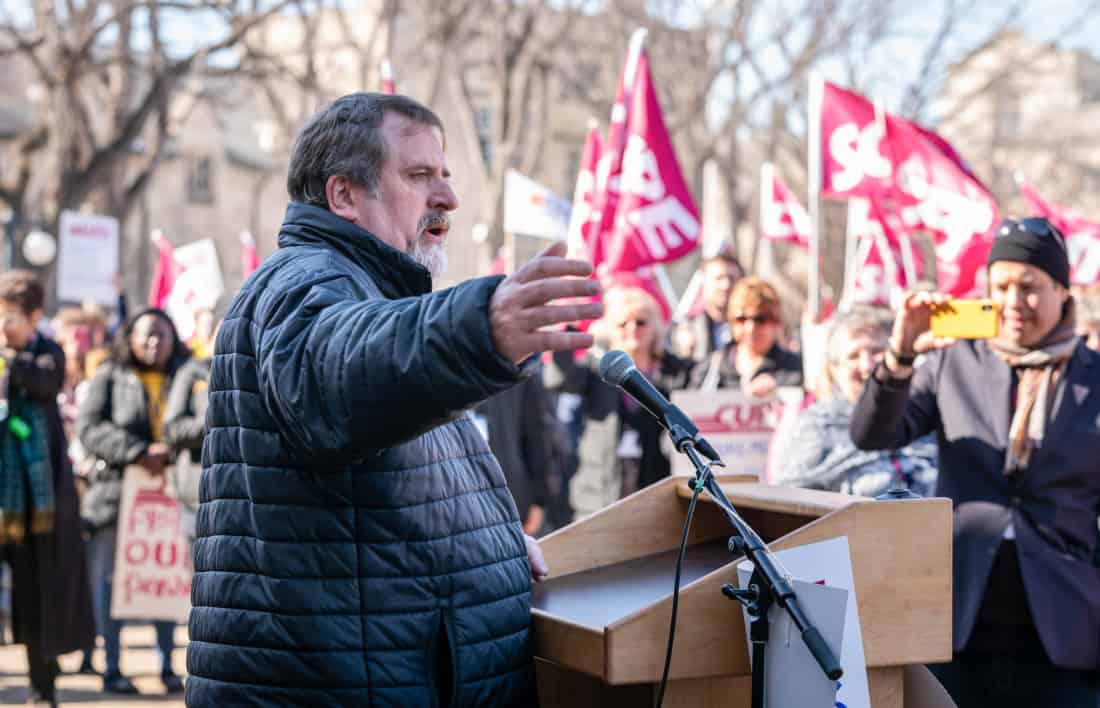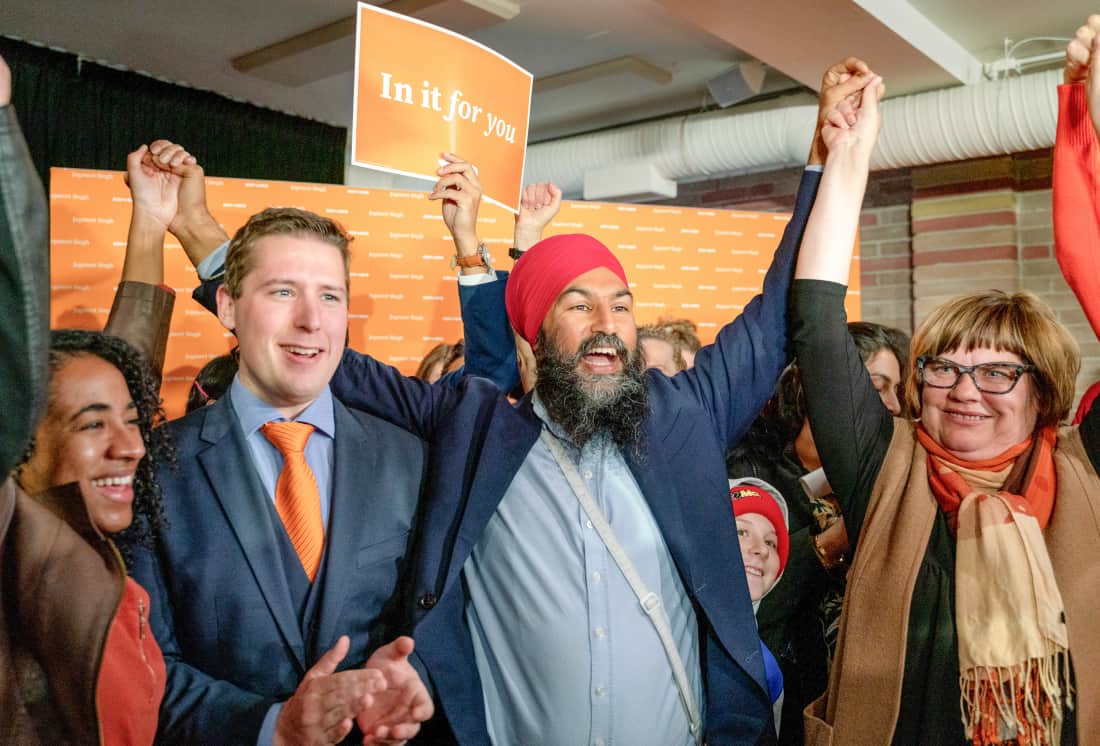
With existential and climate emergency being just two examples of dictionaries’ words of the year, 2019 was certainly distressing for some folks. That said, a year is a long time, and a lot can happen, both good and bad; here is what happened in our neck of the woods last year.
The University of Saskatchewan Students’ Union
The USSU started off 2019 with the creation of an Elder-in-Residence program, a project spearheaded by the 2018-19 USSU President Rollin Baldhead. The position was initially created on a temporary basis but has endured into 2019-20.
The USSU election for the 2019-20 executive and council saw low voter turnout, as is usual, and many empty council seats. By the beginning of the year, the executive had one vice-president position vacant that was later filled in a by-election. There remain five empty seats on the council to this day.
Fall 2019 also saw the launch of the USSU’s “Path Forward,” a set of strategic goals intended to shape the activities of the USSU.
In October, the USSU received a letter from the Students’ Society of McGill University. The letter asked the USSU to support their divestment movement which attempts to encourage universities to stop investing in fossil fuel sector companies. The USSU chose not to support their divestment in this case but has stated an interest in exploring the topic further.
The USSU’s Annual General Meeting was contentious this year as most of it was spent debating a single amendment. This amendment was raised by a student in response to the current bylaws effectively preventing international students from serving on the USSU executive. The union spoke against the amendment, which would ultimately be voted down. However, the executive has committed to helping put forward another motion before the next union elections.
Federal elections
Last year was a federal election year which saw divisive results. The Liberal government was reduced to a minority and thoroughly rejected by the Prairies. Immediately following the election, the phenomenon of western alienation re-entered the mainstream discourse with a vengeance. “Wexit” rallies began to be held in the west, pushing for the secession of Canada’s western provinces.
The USSU made efforts to engage students with the electoral process, inviting all candidates running in the Saskatoon–University riding to a forum. All candidates, except for Corey Tochor of the Conservative Party, who would go on to win the riding, were in attendance.
The USSU was also involved in a project to bring the attention of federal politicians the issues of students, by signing a letter which was part of a wider campaign by student groups to get politicians to recognize student needs.

University affairs
In January, talks began to break down between the university and the Canadian Union of Public Employees Local 1975. Negotiations had been ongoing since 2017 after CUPE’s collective agreement expired. There was concern about the possible job action and how that might affect classes.
As an agreement continued to be out of reach, CUPE held a rally outside of a Board of Governors meeting on March 19 to draw their attention. An agreement was finally reached over the summer and the fear of a strike dispelled. The new agreement applies retroactively to 2016 and expires at the end of 2020.
In other news, a lawsuit aimed at getting the university to release an uncensored document came to a close last year. The people suing the university did not have enough money to continue with an appeal. The document pertaining to the suit was the transcript of a closed door symposium. Those suing the university argued that private meetings devalued the integrity of the institution while the university argued it was a case of academic freedom.
At the beginning of the fall term, a study showed that some of the world’s top cited researchers had a higher than advised percentage of self-citations, effectively inflating their metrics. The Sheaf reported that a few U of S researchers have a higher percentage of self-citations than what is said to be the norm. Among the researchers is a university chairperson of research whose percentage of self-citations is among the highest in Canada. The university has no policies to regulate self-citations.
International students
For the fall term, the International Students and Study Abroad Centre announced that it would no longer provide first-night accommodations for international students. This was reportedly done in part to ensure more funds for emergency housing for international students.
At the start of the year the International Students’ Association was once again not active after just a year of operation, but as of the fall term the association is back in business with a new executive. Aside from cultural events, which have been of a bigger scale than before, the group has been busy putting together a list of international students’ concerns to guide the association. They have also been advocating in favour of the motion to change the USSU bylaws to allow for international students in the union’s executive.
—
Kienan Ashton
Photos: Heywood Yu
Leave a Reply